Zongyue Li
Autoregressive Policy Optimization for Constrained Allocation Tasks
Sep 27, 2024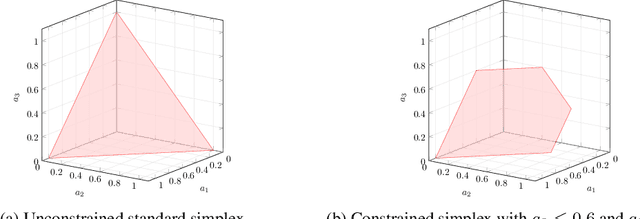
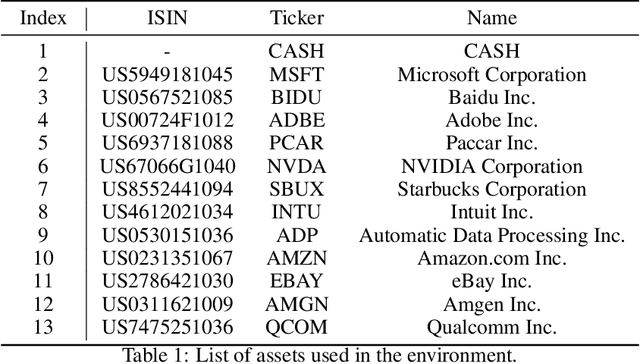
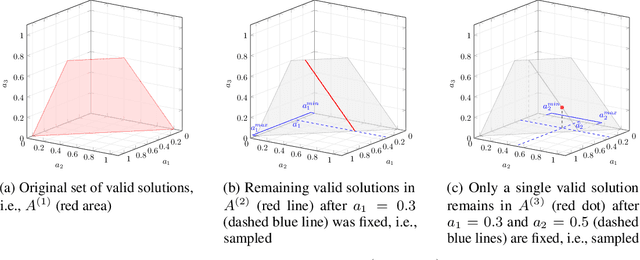
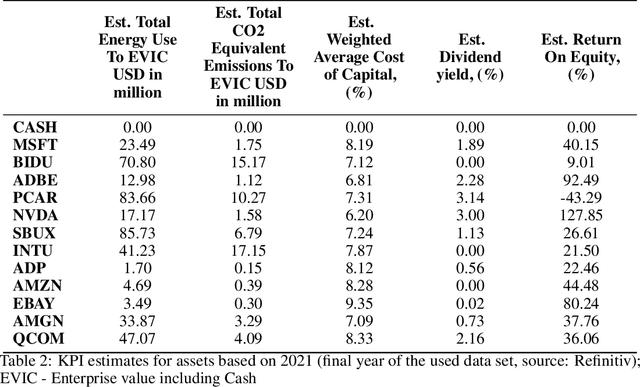
Abstract:Allocation tasks represent a class of problems where a limited amount of resources must be allocated to a set of entities at each time step. Prominent examples of this task include portfolio optimization or distributing computational workloads across servers. Allocation tasks are typically bound by linear constraints describing practical requirements that have to be strictly fulfilled at all times. In portfolio optimization, for example, investors may be obligated to allocate less than 30\% of the funds into a certain industrial sector in any investment period. Such constraints restrict the action space of allowed allocations in intricate ways, which makes learning a policy that avoids constraint violations difficult. In this paper, we propose a new method for constrained allocation tasks based on an autoregressive process to sequentially sample allocations for each entity. In addition, we introduce a novel de-biasing mechanism to counter the initial bias caused by sequential sampling. We demonstrate the superior performance of our approach compared to a variety of Constrained Reinforcement Learning (CRL) methods on three distinct constrained allocation tasks: portfolio optimization, computational workload distribution, and a synthetic allocation benchmark. Our code is available at: https://github.com/niklasdbs/paspo
Improving Few-Shot Inductive Learning on Temporal Knowledge Graphs using Confidence-Augmented Reinforcement Learning
Apr 02, 2023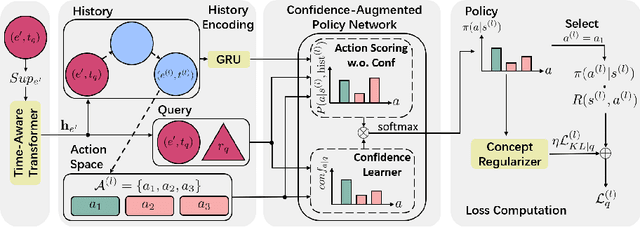


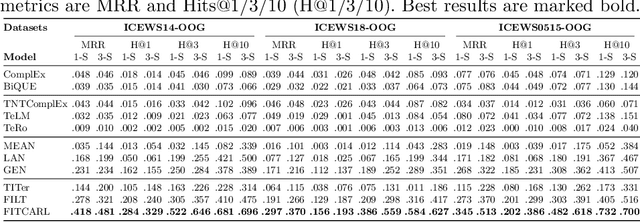
Abstract:Temporal knowledge graph completion (TKGC) aims to predict the missing links among the entities in a temporal knwoledge graph (TKG). Most previous TKGC methods only consider predicting the missing links among the entities seen in the training set, while they are unable to achieve great performance in link prediction concerning newly-emerged unseen entities. Recently, a new task, i.e., TKG few-shot out-of-graph (OOG) link prediction, is proposed, where TKGC models are required to achieve great link prediction performance concerning newly-emerged entities that only have few-shot observed examples. In this work, we propose a TKGC method FITCARL that combines few-shot learning with reinforcement learning to solve this task. In FITCARL, an agent traverses through the whole TKG to search for the prediction answer. A policy network is designed to guide the search process based on the traversed path. To better address the data scarcity problem in the few-shot setting, we introduce a module that computes the confidence of each candidate action and integrate it into the policy for action selection. We also exploit the entity concept information with a novel concept regularizer to boost model performance. Experimental results show that FITCARL achieves stat-of-the-art performance on TKG few-shot OOG link prediction.
Forecasting Question Answering over Temporal Knowledge Graphs
Aug 12, 2022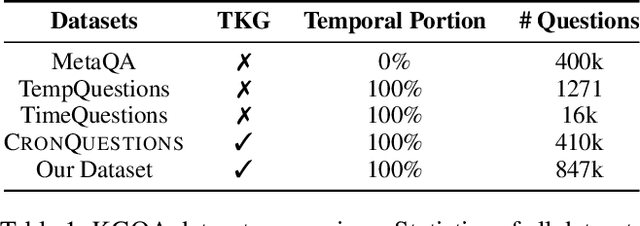

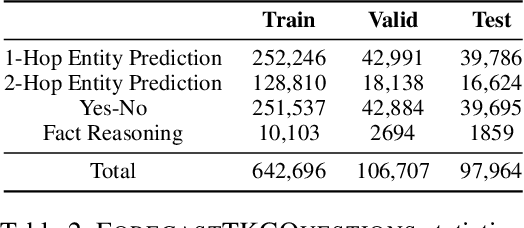
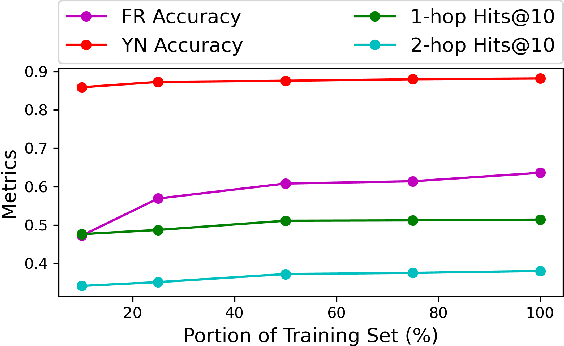
Abstract:Question answering over temporal knowledge graphs (TKGQA) has recently found increasing interest. TKGQA requires temporal reasoning techniques to extract the relevant information from temporal knowledge bases. The only existing TKGQA dataset, i.e., CronQuestions, consists of temporal questions based on the facts from a fixed time period, where a temporal knowledge graph (TKG) spanning the same period can be fully used for answer inference, allowing the TKGQA models to use even the future knowledge to answer the questions based on the past facts. In real-world scenarios, however, it is also common that given the knowledge until now, we wish the TKGQA systems to answer the questions asking about the future. As humans constantly seek plans for the future, building TKGQA systems for answering such forecasting questions is important. Nevertheless, this has still been unexplored in previous research. In this paper, we propose a novel task: forecasting question answering over temporal knowledge graphs. We also propose a large-scale TKGQA benchmark dataset, i.e., ForecastTKGQuestions, for this task. It includes three types of questions, i.e., entity prediction, yes-no, and fact reasoning questions. For every forecasting question in our dataset, QA models can only have access to the TKG information before the timestamp annotated in the given question for answer inference. We find that the state-of-the-art TKGQA methods perform poorly on forecasting questions, and they are unable to answer yes-no questions and fact reasoning questions. To this end, we propose ForecastTKGQA, a TKGQA model that employs a TKG forecasting module for future inference, to answer all three types of questions. Experimental results show that ForecastTKGQA outperforms recent TKGQA methods on the entity prediction questions, and it also shows great effectiveness in answering the other two types of questions.
 Add to Chrome
Add to Chrome Add to Firefox
Add to Firefox Add to Edge
Add to Edge